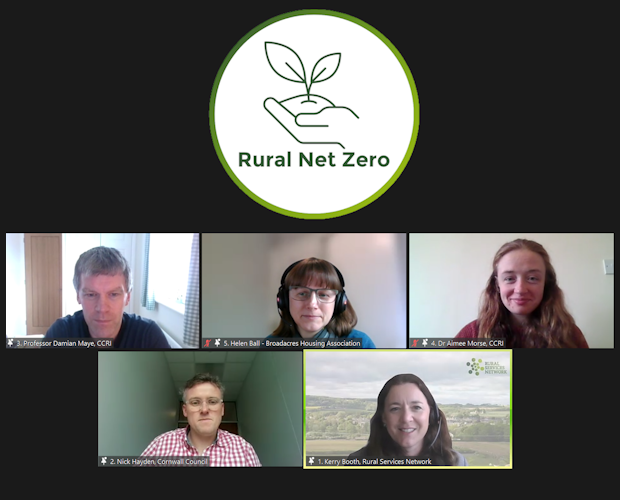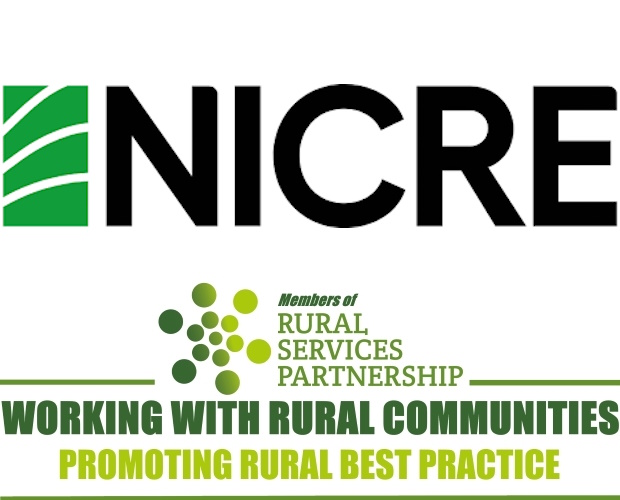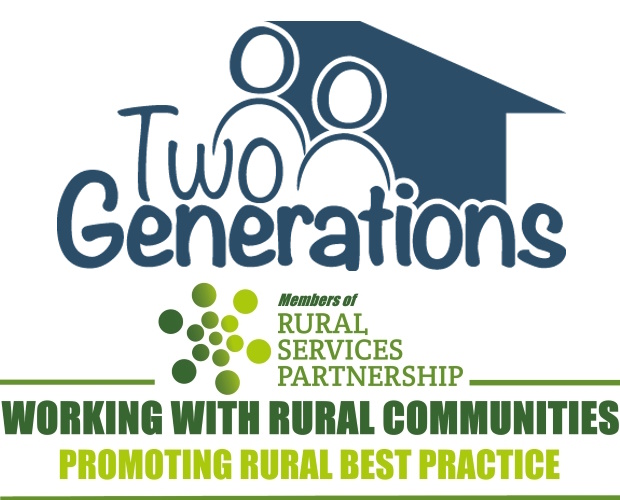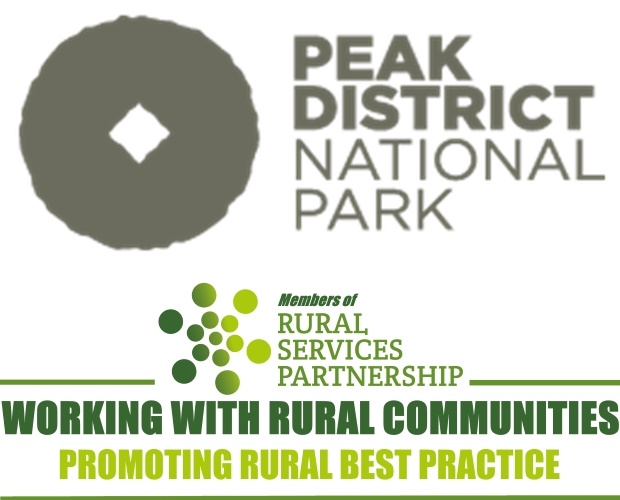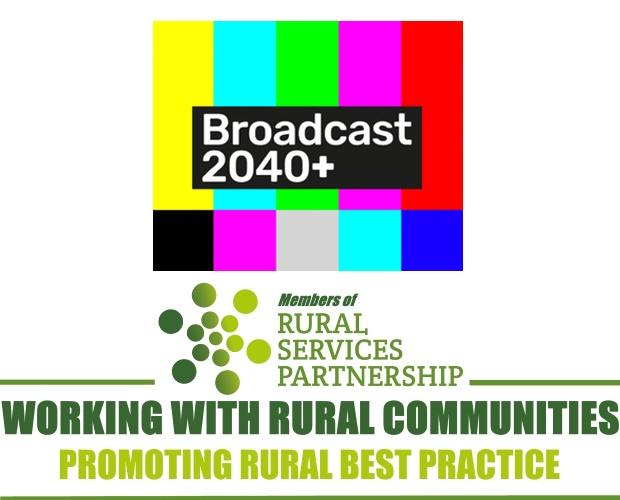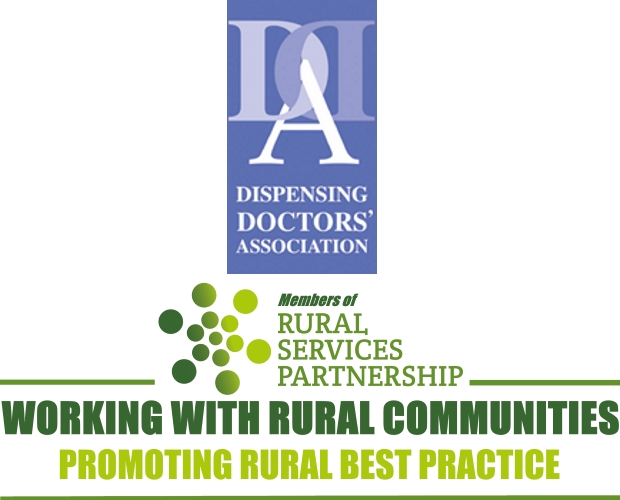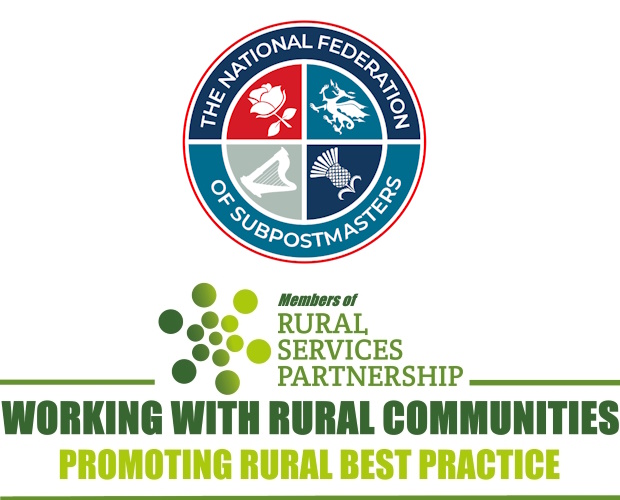T: 01822 851370 E: [email protected]
Bookings are now officially open for the National Rural Conference 2025, which will take place online from Monday 15 to Thursday 18 September.
This is the Rural Services Network’s flagship event of the year, bringing together rural decision-makers, practitioners, and advocates for four days of live, interactive sessions focused on the future of rural communities.
Click here to book!
The House of Commons Library recently published a report to inform Westminster Hall debate held on 1 February. The report highlighted that rural and coastal constituencies tend to have different types of businesses to those elsewhere. Professional, scientific and...
In a substantial boost to rural businesses, the Rural Business Grants scheme has been launched in Cornwall and the Isles of Scilly. With a commitment of £1 million, this initiative aims to empower rural enterprises, from farms to tourism providers,...
In rural communities, where services are often stretched thin, the Government's recent unveiling of a £1,000 cash incentive, coupled with a national campaign to elevate the profile of early-years educators, is being met with mixed reactions. This initiative is part...
Our Rural Net Zero seminar held last week was the first in our popular seminar programme for 2024! It focused on methods and initiatives aimed at attaining carbon neutrality in rural regions. The seminar spotlighted key topics such as...
People working in economic development and regeneration are being invited to help shape a new practical analytics platform designed to guide rural business policy. The Rural Enterprise Support Analytics (RESA) tool focuses on rates of business start-up, growth, and...
Rural loneliness is a significant issue that affects many people living in our countryside. According to Age UK, more than 2 million people in England over the age of 75 live alone and over half say they go over a...
The Peak District National Park is to receive a Government grant of £441,070 to help conserve habitats and wildlife on the Warslow Moors Estate. The Countryside Stewardship...
The campaign has had an exciting start to 2024. We’ve mainly focused on engagement with the government’s Media Bill, which saw its Report Stage occur on the 30th January. We worked closely with a number of MPs to raise our...
Geographical narcissism. Urbansplaining. These are terms for when people in cities tell people in rural areas what is good for them – and we need to stop doing that. Those were the words of BMA Scotland chair Dr Iain...
The National Federation of Subpostmasters (NFSP) is delighted that Driver Vehicle Licensing Agency (DVLA) and Post Office Ltd (PO) have signed an extension to their contract. Vital services such as the DVLA need to remain within the post office...
NEWSLETTER
Sign up to receive all our latest news and updates.
HOT TOPICS
Amid reduced public spending, fair resource allocation across regions is crucial. Despite a population larger than Greater London, rural areas receive significantly less funding for essential services, even though delivering these services in rural areas is more expensive.
Economic growth is widely acknowledged as essential for national wealth and prosperity and is a priority for political parties. Rural economies, employing millions and home to a higher proportion of small businesses, have potential for growth if barriers are removed.
Rural residents face distinct healthcare challenges, including limited access to transport, longer distances to medical facilities, an aging demographic, housing inadequacies, digital connectivity gaps, and difficulties recruiting health and care workers.
Rural communities are grappling with a severe affordable housing crisis, marked by high house prices, a lack of affordable housing, elevated living costs, and lower incomes, threatening their sustainability and vitality.
Transport is vital for the quality of life and economic health of rural areas, yet it faces challenges such as infrequent public bus services and less Government funding compared to urban regions.
Rural areas, encompassing a substantial portion of England's population and land, play a pivotal role in combating climate change and achieving the net zero target.
In an increasingly digital world, the lack of robust digital infrastructure in rural areas severely limits access to crucial services and stifles economic growth.
A future-focused vision for rural communities involves not just building the right homes in the right places but also ensuring thriving, sustainable communities.
SIGN UP TO OUR NEWSLETTER
Sign up to our newsletter to receive all the latest news and updates.




